University of Cambridge historian Gary Gerstle charts nearly a century of US history, from the New Deal era of the Great Depression through the 1970s, to the emergence, dominance and decline of the neoliberal order from the 1980s to the 2010s. Doing so, he explains why the US electorate went from favoring big government, union power, high taxes and extensive regulation, to supporting massive tax cuts, free trade, and deregulation – and from there to embracing the populist politics of Donald Trump and Bernie Sanders. Gerstle examines this history alongside the rise and fall of the Soviet Union, including a fascinating explanation of how the two intersect.
Political orders transcend party politics; they form only when both parties adopt them.
A political order starts as a set of ideas that might take years or even decades to enter the mainstream. Proponents build a small inner circle, often made up of economists, politicians and intellectuals. They raise money, form think tanks and political action committees, and get their messages out through the media. Over time, they convince people the good life awaits if they would just adopt new economic and power structures.
A political order truly earns the name, however, only when both mainstream political parties have adopted and embraced it. Once established, a political order tends to last decades. Only when an existing order begins to age and fray, and crises emerge, is room made for the next ideology to gain ground.
The New Deal order, rooted in the ideals of social democracy, emerged in the 1930s.
The first US political order of the 21st century formed from Franklin Delano Roosevelt’s (FDR) New Deal, which took shape as a set of reforms, programs and projects championed and led by the three-term US president...
Gary Gerstle is the Paul Mellon Professor of American History at the University of Cambridge. He has authored, co-authored and edited dozens of books, including Liberty and Coercion and Working-Class Americanism. Gerstle is a Fellow of the British Academy and of the Royal Historical Society and a member of the Society of American Historians.









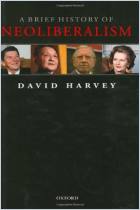
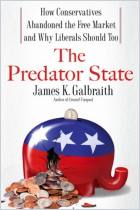
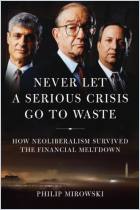
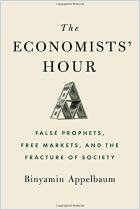
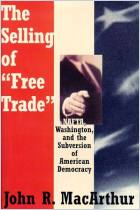
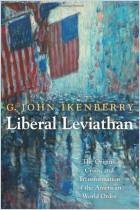
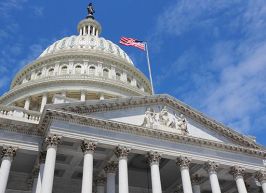

Comment on this summary or Start Discussion